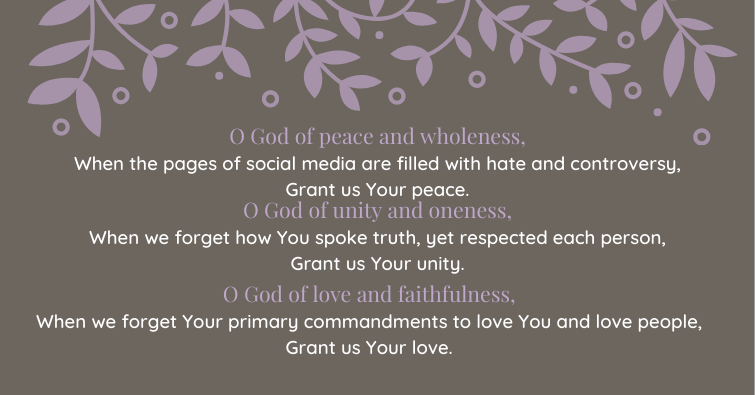
This week I’m over at PerennialGen with an article about encouragement. Start reading here and click the link to finish!
What does encouragement look like? How can we develop this gift?
My third-grade year started out rather ominously. One day our teacher wasn’t at the front of the classroom. Our eight-year-old brains didn’t grasp exactly what a cancer diagnosis meant, but we did understand that Mrs. Harris wasn’t coming back.
We continued learning cursive writing and multiplication tables from a string of substitutes who flowed through the classroom. But everything changed when Miss Marquardt stepped through the door. Miss Marquardt had a different style of teaching. We still learned three times three equaled nine and how to loop a perfect S. But this teacher also encouraged our creativity. We made dioramas and performed silly skits. We wrote stories and created our own picture books.
When third grade ended, I regretted having to leave Miss Marquardt’s classroom. Thankfully, by the end of the school year, my mother and Miss Marquardt had become acquainted through our church. My favorite teacher began showing up at our dinner table and at family events.
Somehow, this teacher/family friend took an interest in ordinary me. Her simple act of noticing me made me feel special. And a shy, quiet girl began to bloom under her attention.
Continue reading at PerennialGen to learn 3 ways to become a true encourager!
And if you want even more information about encouragement, check out my post, “My Top Five Encouragement Phrases.”



































Follow Me!